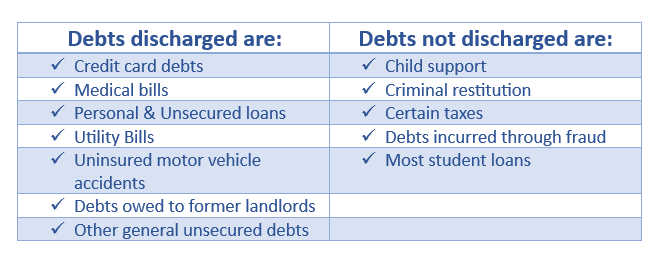
Our Bankruptcy team has more than a decade of experience assisting individuals and families to start over with debt relief. Our team will evaluate your current financial situation, and perform a credit/debt analysis to assess what your best options are.
The primary purpose of bankruptcy is to give honest debtors a “fresh start” financially by allowing them to keep their exempt assets and discharge their qualifying debts.
Check out the comparison below to see what debts can or cannot be discharged:

In a typical Chapter 7, the debtor is allowed their assets. However, the vast majority of Chapter 7 cases are “no asset” cases, meaning you keep all of your property and are still eligible to discharge your debts.
Debtors filing in New York now have significantly increased exemptions and also a choice to exempt their assets under either the New York or the Federal exemptions.
Bankruptcy FAQ's
- Pros of filing for a Chapter 7
- Automatically stops collection activity
- Stops utility disconnection, if the company is named as a Creditor
- Stops garnishment of your wages
- Can stop creditor harassment.
- Cons of filing for a Chapter 7
- Can affect your credit score
- Will be on your credit report for up to 10 years from the date of filing.
- Do I need to be a U.S. Citizen to file for Chapter 7?No. Regardless of your citizenship status, you will be able to apply for debt relief. However, the United States Bankruptcy Court does require proper documentation such as social security numbers or tax identification numbers to be included in the filing.
- What are some changes in bankruptcy laws?As per the Bankruptcy Abuse and Consumer Protection Act of 2005 (BAPCPA), for consumers who file a Chapter 7, a “means test” must be completed and two required Credit Counseling Courses.
|
Recommendations after your debt is discharged?
To stay on track with your finances, our team recommends you hire our Financial Coach to help you create a plan to stay consistent and debt free.
Take a quick “means test” below to see if you can file for bankruptcy
DISCLAIMER: Paralegals FTC, Inc., is a non profit, tax exempt organization under section 501(c)3. We are a Paralegal firm and not Attorneys or a Law Firm. We cannot provide representation or give legal advice. Our firm provides non-attorney legal services to the community, law firms and other agencies.



